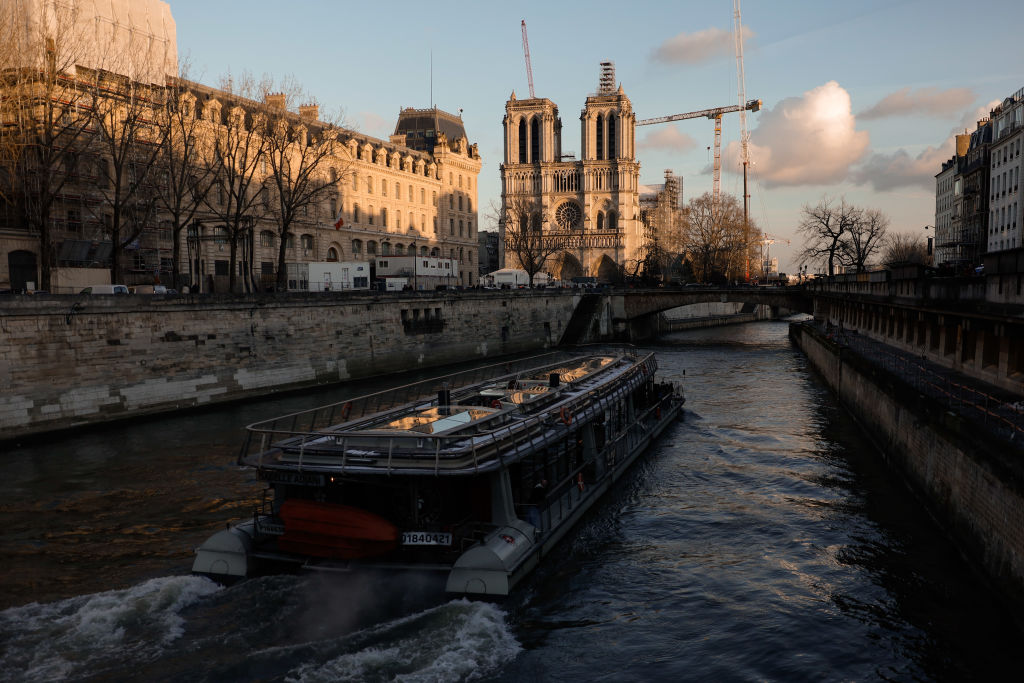France has unveiled a system of compulsory QR-code passes for travel throughout Paris, with the new system reportedly being implemented to reduce the threat of terrorism ahead of the Olympic Games in the city.
Due to be brought in a week before the Games’ opening ceremony, all those wishing to travel in large parts of the French capital, including any one of its many quays, must register for a QR-pass.
This pass will then be granted as long as the individual applicant passes a security background check.
Speaking to French newspaper Le Parisien, French interior minister Gérald Darmanin emphasised that the so-called “silt” perimeter of the city, which will encompass several major landmarks such as the Louvre, will be carefully monitored by a law enforcement contingent of 45,000 officers.
“Pedestrian or non-pedestrian, you will need to present your QR code and your identity document during the check,” he said.
“Once within this perimeter, your freedom will be total.”
Le Parisien reported that access to certain monuments within this perimeter will be possible through designated entrances and exits provided one presents a valid ticket for such attractions.
France tested Artificial Intelligence-driven video surveillance technology that will be deployed during the forthcoming Olympic Games at a concert by English electro-pop band Depeche Mode. https://t.co/uDNdMtpUIy
— Brussels Signal (@brusselssignal) March 8, 2024
While the perimeter is mainly being set up to prevent terrorism, Darmanin confirmed that was not the only potential threat to the event.
The senior French politician confirmed a number of climate extremist groups were planning to try to sabotage the event, with the main target being the Olympic torch procession in the run-up to the opening ceremony.
“We have the ‘Earth Uprisings’, which rather want to attack the flame, ‘Extinction Rebellion’, which wishes to deploy banners or stick their hands together during the passage of the flame and ‘Saccage 2024’, which hopes to disrupt the organisation of the ceremony of opening and tests,” he said.
“Each journey of the flame will have an alternative route. If a sit-in is organised, we can get around it. If people throw themselves into the sea to stop the boat carrying her [the flame], we have planned a second disembarkation point.”
Darmanin added that such contingency plans were less about protecting the Olympic flame and more about preventing such radical groups from hijacking the event to propagate their views.
The opening ceremony for the 2024 Paris Olympics will be invite-only – to combat the possible threat of terrorism – the French Government has announced. https://t.co/TksL0JULov
— Brussels Signal (@brusselssignal) March 7, 2024





